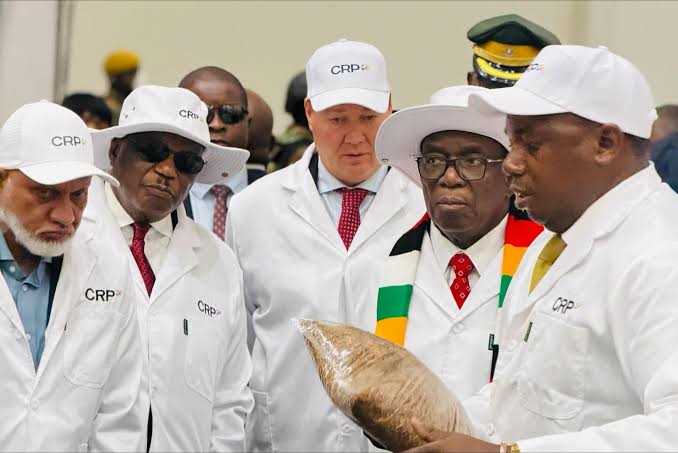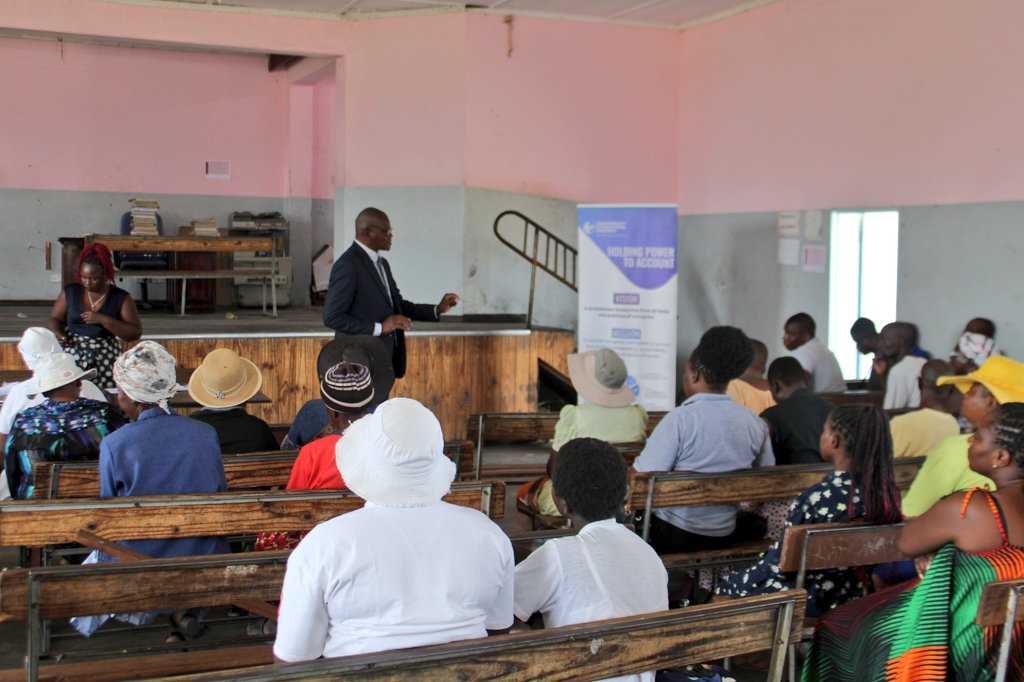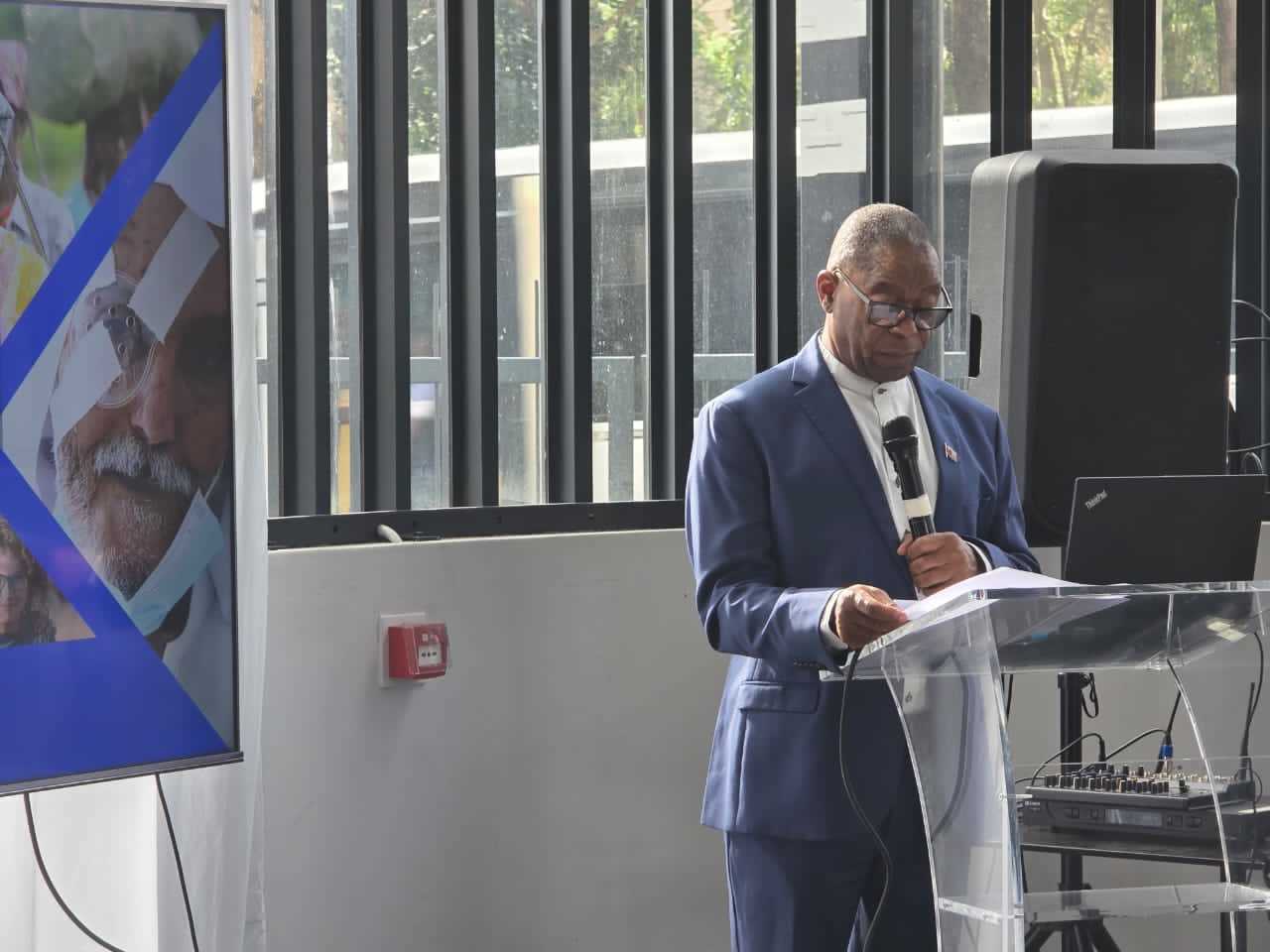
President Emmerson Mnangagwa has praised the latest expansion by Cut Rag Processors, a development that has transformed the facility into the largest tobacco processing plant on the African continent.
The upgraded plant now has the capacity to process up to 12,000 cigarettes per minute, marking a major step toward boosting local production of cut rag tobacco and finished cigarette products.
The commissioning comes shortly after Zimbabwe recorded a historic milestone in the 2025 tobacco season, achieving 355 million kilograms valued at US$1.2 billion—its highest output to date—cementing its position as the world’s sixth-largest tobacco producer.
Speaking at the commissioning ceremony, President Mnangagwa said the investment reflects the progress of his administration’s economic reforms.
“This occasion demonstrates Zimbabwe’s ongoing industrial resurgence and is testament that ‘Zimbabwe is Open for Business’,” he said.
He added that the expansion supports the national strategy of moving from exporting raw tobacco to producing higher-value finished goods locally.
Related Stories
“This remarkable capacity is set to consolidate Zimbabwe’s self-sufficiency in tobacco manufacturing and strengthen its position as an emerging exporter of high-value, finished tobacco products,” Mnangagwa said.
Established in 2000 as Zimbabwe’s first independent producer of cut rag tobacco, Cut Rag Processors has been cited as an example of renewed private-sector confidence. Mnangagwa emphasized that government reforms are aimed at encouraging such investment.
“We are determined to ensure that no investment is hindered by bureaucratic red tape,” he said.
Zimbabwe has traditionally exported raw flue-cured tobacco, with most profits from processed products accruing to foreign companies. The expansion by Cut Rag Processors is expected to help change that trend.
General manager Lesley Malunga said the project would significantly boost value addition in the tobacco sector.
“This expansion is not only about increasing capacity; it is about ensuring value remains in the country. Instead of exporting unprocessed leaf, we will be able to ship refined cut rag and even finished cigarettes, allowing Zimbabwe to retain more revenue,” Malunga said.
He added that the upgraded facility would create hundreds of new jobs across processing, packaging, logistics, and engineering.
Tobacco remains a key driver of Zimbabwe’s economy, contributing more than a quarter of the nation’s annual foreign currency earnings.


















Leave Comments